Fairfield Police tackle hydroponic cannabis houses with real estate agents
From the outside they look like your ordinary suburban home but inside, thousands of cannabis plants are being grown with sophisticated hydroponic setups. Here’s how to tell if you’re living next door to crop sitters.
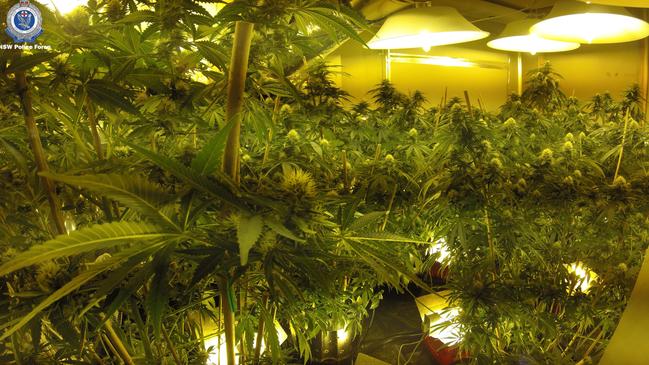
Fairfield
Don't miss out on the headlines from Fairfield. Followed categories will be added to My News.
- Man on parole charged with gun offences
- Police still searching for shooters
- Men ‘shared child abuse images on Facebook app’, court hears
Police have turned to an unlikely ally in an effort to curb the number of hydroponic cannabis houses and to undermine a powerful revenue stream often linked to organised crime.
About 30 real estate agencies were warned of the telltale signs of houses being used to grow cannabis plants during an information session at Fairfield RSL on March 12.
Police inspector Luke Scott said hydroponic cannabis houses were being altered to feature dangerous wiring, irrigation systems and lamps, posing a suite of dangers and costing property owners thousands of dollars in repair bills.
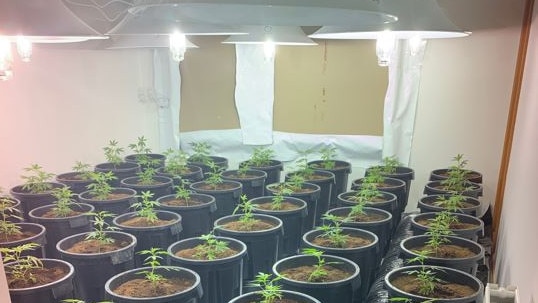
“For your mum and dad investors, this is their retirement package,” the Fairfield crime manager said.
“It’s hard for them to find $50,000 to $60,000 (for repairs) because the insurance company won’t cover it.”
NSW Police formed Strike Force Red Morwong late last year to investigate hydroponic cannabis houses. The information session with real estate agents was the first of its kind, Inspector Scott said.
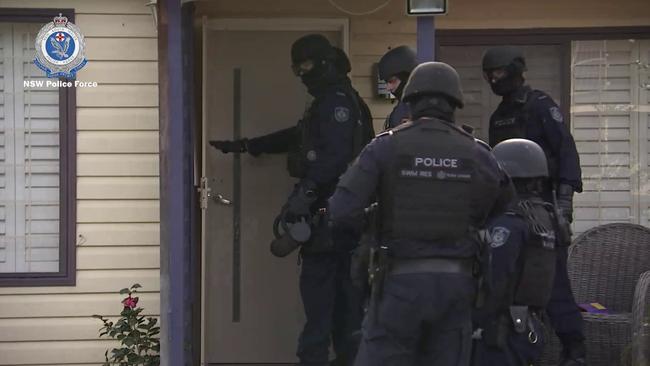
“(Real estate agents) are regularly dealing with new and current residents,” he said. “(They) have an ability to provide them with information about crime prevention to help us make the community a safer place.”
Most hydroponic houses look ordinary on the outside, but they do have a few telltale signs. They could have blacked out windows marred by condensation, emanate a strong smell, and could have chemical containers, hoses or pipes in strange places.
Often, the ‘crop sitters’ tenants and their associates will visit at odd hours, Inspector Scott said.
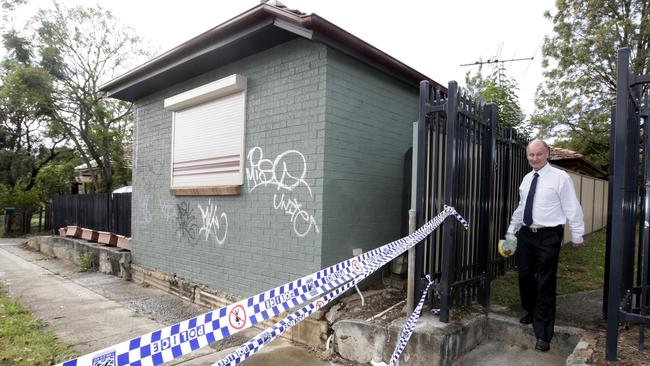
But the inside of the properties tell a different story. Cannabis plants line large rooms, water spills from irrigation piping on the floor, ducts hang from the ceiling to regulate air, and a myriad of cables spread all over to feed power to fans and large lights.
The electricity, often bypassing mains power, is stolen to go undetected from electrical companies, and the poor DIY jobs make them a hazard. Add the heat from the lamps and the water spilling onto the floor, and the hydroponic cannabis houses become community dangers, Inspector Scott said.
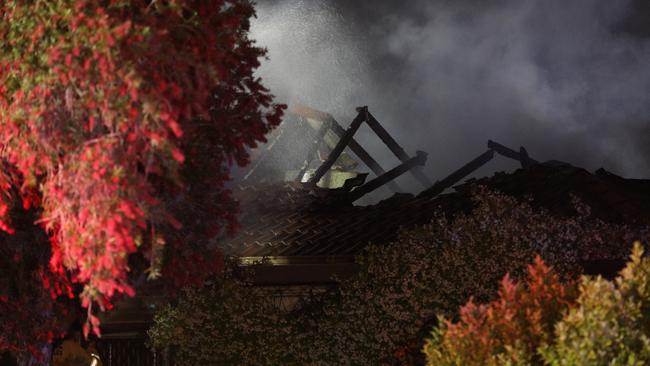
Police have found bodies in hydroponic houses, most commonly from fires or electrocution. A Smithfield man with a set up was found dead in December 2017, while a Bringelly man was believed to be electrocuted by his set up in 2014. First responders have to mitigate risks when entering the properties, Inspector Scott said.
Insurance companies have been known to get out of paying for repairs to homes or have paid a lot less than the cost of the damage.
“A lack of or no inspections are the main reason insurance providers won’t payout claims,” Inspector Scott said.
“We had one (hydroponic cannabis house) in Fairfield, there was $90,000 of damage due to a fire. The insurance company said you didn’t do background checks, so we’re only paying $30,000.”
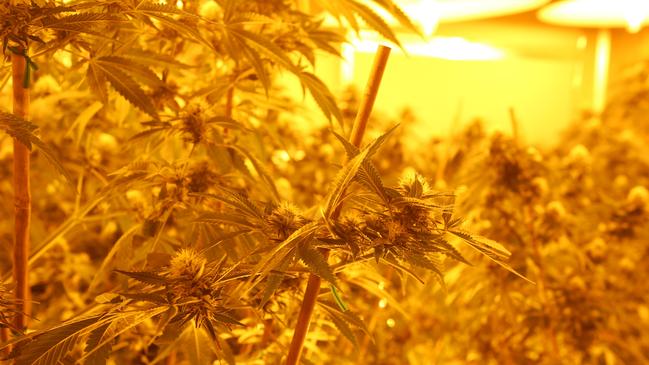
He said it would not be viable for people to set up a hydroponic cannabis house if real estate agents are conducting inspections regularly.
“If you’re doing four (inspections) a year, there’s no way they would be able to set this up,” Inspector Scott said. “It would be difficult to do it every six months.”
Police dismantled a sweeping hydroponic cannabis operation in October 2019 in nine residential houses. The 1500 plants recovered had a street value of $5.8m.
Detective Active Superintendent Michael Cook said there was a relationship between hydroponic houses and the other criminal conduct associated with organised crime.
“Cannabis is the jet fuel of organised crime,” he said, following the operation.
“We see money raised in this process being diverted into the importation of illicit drugs and precursors used in the establishment of clandestine drug laboratories.”
